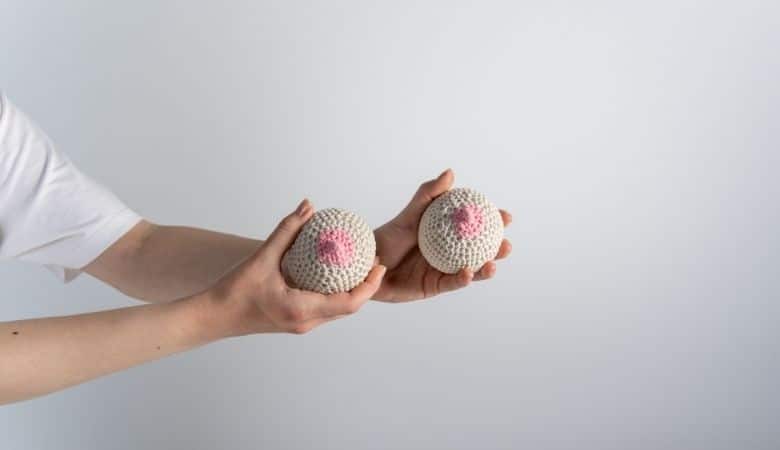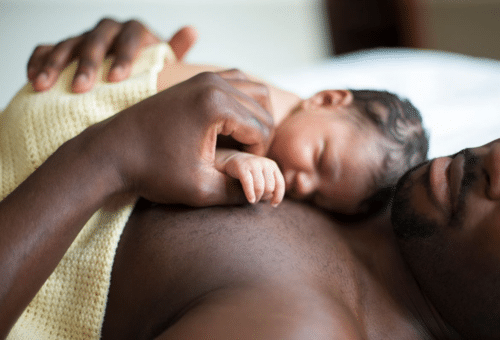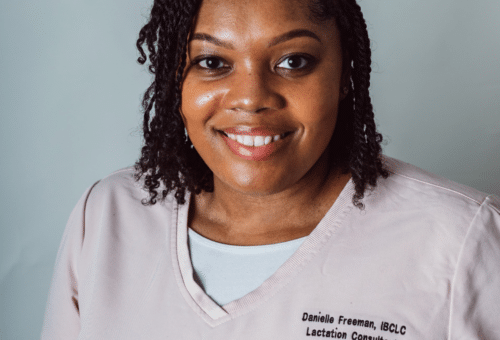October is Breast Cancer Awareness Month. Breast cancer and breastfeeding are integrally related in many ways, including personal support of those facing pregnancy, breastfeeding, and breast cancer; research; education; and advocacy.
Nuns’ Disease
We have known for centuries that childbearing and breastfeeding mitigate the risk of breast cancer. In 1713, Italian physician Bernadino Ramazzini published Diseases of Workers, the first work of occupational medicine. In it he observed that nuns developed breast cancer at a much higher rate than married women (mothers). Pregnancy Associated Breast Cancer (PABC), diagnosed during pregnancy or the first year postpartum, has been identified more recently and is much rarer.
Causes of breast cancer are many and complex. They include genetic and environmental factors, several generations of low breastfeeding rates, and women bearing fewer children later in their lives.
Breast cancer takes many forms. Treatment and outcomes depend on type of breast cancer, time of diagnosis, access to care, and personal medical history. Breastfeeding during chemotherapy and during some radiation treatments is contraindicated. This is true for any cancer. Chemotherapy medications, by design, are toxic and have long half-lives, so it can take several months before mother and baby can breastfeed. This often rules out breastfeeding. On some occasions, there is a break between birth and beginning of treatment during which mom can breastfeed as well as pump and store milk. With planning, determination and support, some women have succeeded in “pumping and dumping” milk during treatments and successfully breastfeeding their babies afterward. Some women who have had one breast removed have successfully breastfed from the remaining breast.
To succeed, mothers need a medical team of oncologist, OB/GYN, pediatrician, and lactation consultant, as well as family, friends, and others who have traveled this path, to learn about and think through options and support decisions, plans, and modifications.
Education
While the medical community has known about the nuns’ disease for centuries, the link between breast cancer and breastfeeding is not otherwise commonly known. Education must begin early, so that it is part of young people’s basic knowledge as they weigh life and lifestyle decisions. Making informed health and life decisions requires information.
Research and Clinical Collaboration
As our knowledge grows, OB/GYNs, oncologists, midwives, and lactation consultants have begun working together in providing patient care, clinical education, research, and best practices. We must work to expand this tent and its activities, including funding in each of these areas.
Donor Milk
Donor milk is one of the tools families should have easily available, at low cost, as they navigate the many challenges of new parenthood and cancer. Providers and supporters should know that donor milk is an option. Ensuring equitable access to donor milk, whether through insurance or other funding, is crucial.
Support
The number of women at any one time diagnosed with cancer in pregnancy, wanting to breastfeed, is small—even smaller in any one community. By necessity, support takes place remotely. These organizations are eager to help mothers facing the challenge of breastfeeding during and after cancer treatments to find one another and professional guidance:
Breast cancer and breastfeeding are inextricably linked throughout the life span. We hope you will take this opportunity to further your own knowledge of the science, the stories, and the resources for yourself, your loved ones, your patients.









